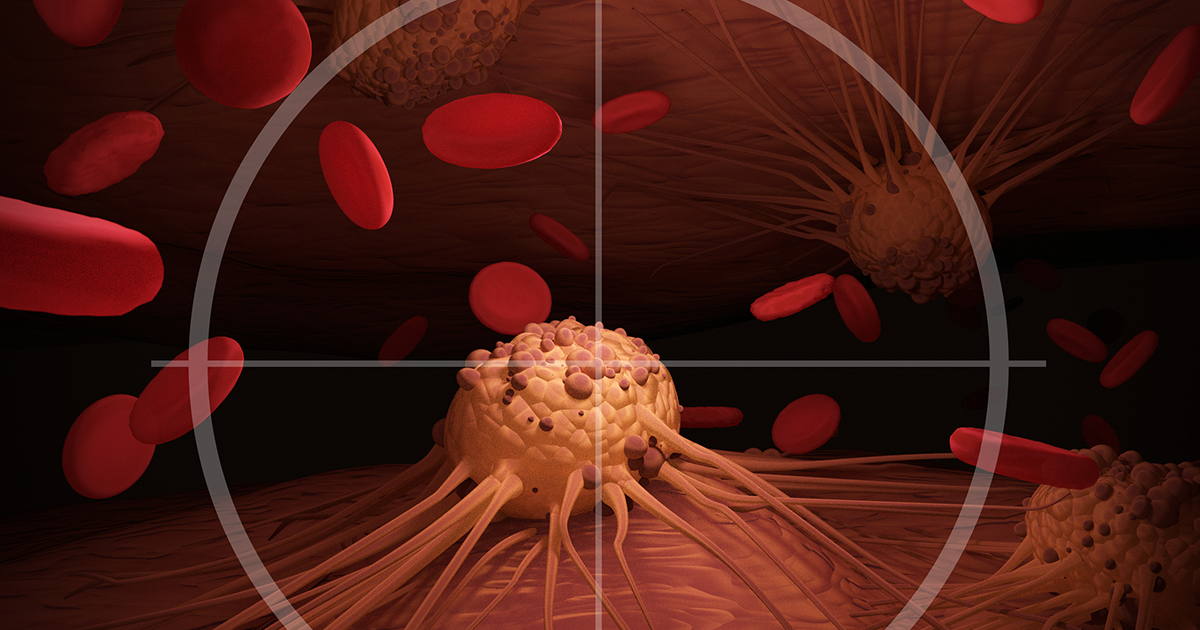
The emergence of a new class of immunotherapy drugs has stirred optimism in the fight against cancer—and with good reason. So-called checkpoint inhibitor drugs like pembrolizumab (Keytruda®) have shown promising results in some patients, most notably former President Jimmy Carter, who was diagnosed in August 2015 with metastatic melanoma that spread to his liver and brain. After undergoing immunotherapy treatment, Carter announced that a brain scan revealed no signs of cancer. Now doctors are hoping to continue to expand the use of these drugs to treat more cancers in more patients.
'More and more immunotherapy'
The U.S. Food and Drug Administration approved the first checkpoint inhibitor, ipilimumab (Yervoy®), in 2011 for the treatment of metastatic melanoma. Three years later, pembrolizumab and nivolumab (Opdivo®) were approved for melanoma. The following year, the FDA approved pembrolizumab and nivolumab to treat lung and kidney cancers. In May, the agency approved nivolumab to treat of Hodgkin lymphoma. And in June, it approved atezolizumab (Tecentriq®), the newest checkpoint inhibitor, to treat urothelial carcinoma, the most common type of bladder cancer.
"I think the big news for 2016 is more and more immunotherapy," says Dr. Walter Quan, Chief of Medical Oncology and Director of Immunotherapy at our Phoenix hospital. "Checkpoint inhibitors are going to be used in more cancers and they are going to be used earlier in treatment."
Checkpoint inhibitors work by exposing cancer cells that have hidden from the immune system. Cancer cells deceive immune cells by sending signals at certain checkpoints that indicate they are not harmful. If not for these checkpoints, T-cells would attack healthy cells. Immunotherapy drugs disrupt the cancer cells' signals, exposing them to the immune system for attack.
"People with melanoma who at any time got pembrolizumab and nivolumab have a higher likelihood than ever before of a better outcome," says Dr. Quan. "Some people have no side effects at all, which is extraordinary. Some people have bad side effects, and we can't predict ahead of time who is going to get bad side effects. But other people have nothing happen, and their cancer shrinks for a number of years, or even disappears completely. And that’s the big news."
Studying for expansion
While new checkpoint inhibitor drugs are being developed and tested, researchers are using clinical trials to determine whether combinations of already-approved drugs may produce better results. Dr. Glen Weiss, Director of Clinical Research and his team at our Phoenix-area hospital, is conducting extensive research in this area, including a trial launched this year on the effects of combining nivolumab with chemotherapy drugs to treat specific types of colorectal cancer and pancreatic cancer. They are also conducting a trial to determine whether combining pembrolizumab with the drug trastuzumab (Herceptin®), a monoclonal antibody, may improve treatment results for patients with breast cancer, gastric cancer and other advanced cancers.
"There are a number of cancers where it is expected that immunotherapy will work," Dr. Weiss says. "And by ‘work,’ I mean leading to dramatic responses and durable responses where those tumors have shrunk or have held stable for months, if not years."



